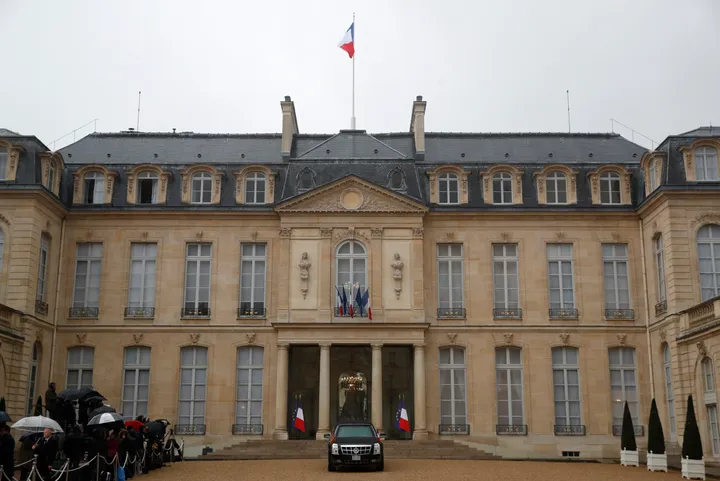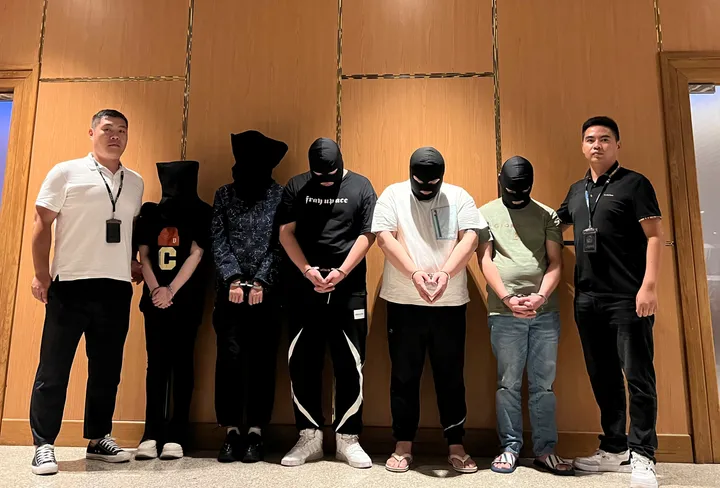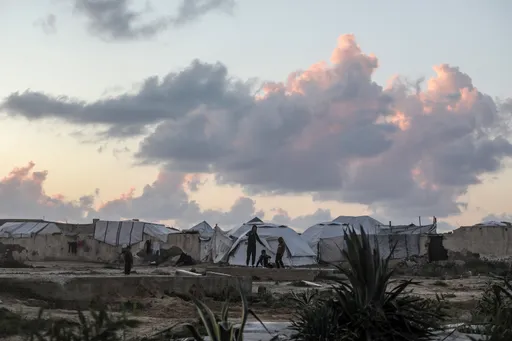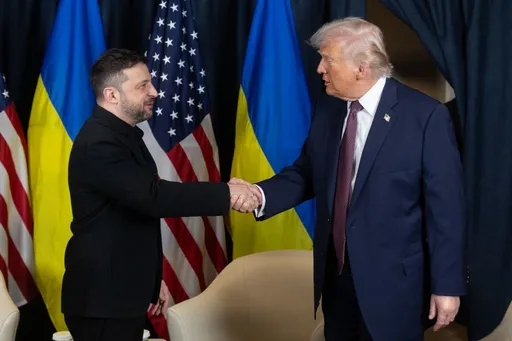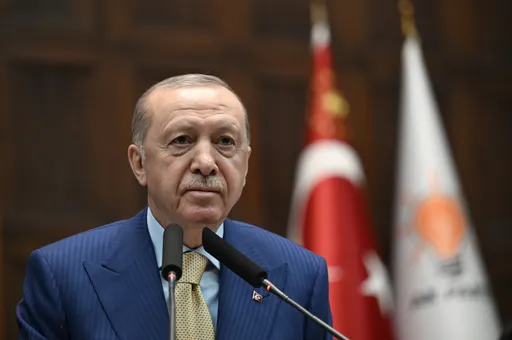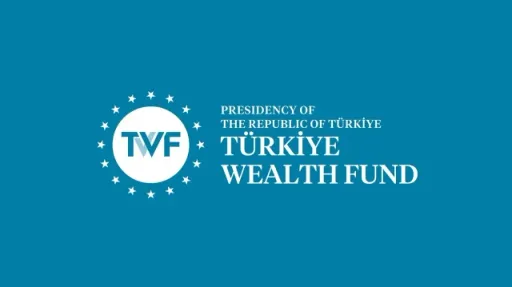In the past few days, four Latin American countries have scaled back diplomatic ties with Israel, which has relentlessly bombed the Palestinian enclave of Gaza, killing more than 10,000 people, many of them children.
Bolivia, Chile, Colombia and Honduras have called back their ambassadors from Israel, which continues to rely on the support of the United States to sidestep international calls for an immediate ceasefire.
Analysts say the outpouring of support from Latin American public and elected representatives has to do with the region’s own history of living through a colonial occupation.
“The Latin American people, having suffered colonialism in their countries and subsequently, several dictatorial regimes, well understand the struggle of the Palestinian people,” says Sayid Marcos Tenorio, a historian and vice president of the Brazil-Palestine Institute.
Tenorio says he began supporting the Palestinian cause four decades ago, after the Sabra and Shatila massacre. In 1982 around 3,500 people were slain by Lebanese militia in coordination with Israel. The atrocities included mass killings, mutilations and rape against Palestinians in two refugee camps in Beirut.
Brazil is home to around 70,000 Palestinians. And many of them are children of those who were forcibly expelled from their homes by Israel. The Palestinian diaspora has carried the story of their displacement and hardships to Latin America.
“With the founding of Israel, almost everyone lost the right to return to Palestine, both themselves and their children and grandchildren. But they always had the hope of returning one day to their stolen and usurped homeland,” Palestine-born Jehad Yousef, the Vice President of the Palestinian Union of Latin America (UPAL), tells TRT World.
In 1948, the Nakba, which means “catastrophe”, saw mass displacement from the historic land of Palestine, after Zionist militias forced tens of thousands of Palestinias to flee their homes. Yousef says many left places like Bethlehem, Beit Jala and Beit Sahur - to settle in Latin America.
A never-ending journey
Today there are an estimated 700,000 Latin Americans of Palestinian origin, living across 14 countries in the region.
Tenorio says there were three prominent waves of Palestinian migration to Latin America. The first took place during the First World War. The second after the Nakba and the creation of Israel forced out more than half a million Palestinians. The 1967 Arab-Israeli War drove another wave amid what he describes as the continued occupation, persecution and violation of human rights by the occupying Israeli forces in Palestine.
In the first half of the 20th century, Palestinians in Latin America sought to preserve their roots as they founded social clubs in their homes, adapted new language and culture.
Yousef is one of the seven million-strong Palestinian diaspora scattered around the world
Born in the West Bank village of Iskaka in 1957, Yousef finished his studies in historic Palestine. After the 1967 war and subsequent occupation of the West Bank, his family was expelled.
Yousef’s path took him through the Middle East initially and then to Spain - where he studied medicine. But even as a doctor he was unable to return home to Palestine. In the early 1990s, he moved to Cuba and became a paediatrician. He eventually settled in Venezuela where he has lived for more than three decades alongside an estimated 15,000 Palestinians.
Honduras and El Salvador are also home to a considerable number of Palestinians while historically Chile has taken in the highest number of Palestinian refugees.
Forging ties
Nicola Hadwa, a Chilean-Palestinian geopolitical analyst born in Beit Jala, says the Palestinian diaspora has considerable weight in Chile - there are around 500,000 descendants of Palestinian refugees in a country of roughly 19 million people.
He says Palestinians arriving in Chile set about forming a vibrant community in a pocket of the capital, Santiago.
Today the city itself boasts a domestic football club ‘Club Deportivo Palestino’ honouring the Palestinian community’s heritage. Living among football-crazed people, Hawdwa himself was associated with the sport, having served as the football manager of Club Deportivo Palestino.
The players of the club are known for visibly displaying the black and white Keffiyeh or scarf, typically worn around the neck or head, when they stepped onto the field. Hadwa himself has also maintained his close ties with the birth-nation, also managing Palestine’s national football team.
In Santiago, he says the Palestinian community has organised itself around groups like the Chilean Committee for Solidarity with Palestine to protect their rights. They also have a strong presence in the political landscape.
“There are a lot of parliamentarians of Palestinian origin and many parliamentarians stand in solidarity with the Palestinian people,” says Hadwa, underscoring how a large number of Palestininans are able to potentially “influence” policy-making.
In 2021, Daniel Jadue, a Christian Chilean of Palestinian origin, ran for the presidential office with a progressive agenda.
Tilting left
While some Latin American countries have openly voiced support for Palestine, the region has in the past pivoted between aligning with Palestine and Israel.
Starting in the 1950s and 60s, as dictators came to power in Latin America, they recognised Israel and established political, commercial and security ties, says Yousef.
The relationship typically included exchange of weapons, technology and intelligence and espionage material.
Tenorio says as democratic forces fought against authoritarian regimes, which were backed and financed by the US, ordinary Latin Americans came to understand the plight of the Palestinians and joined their liberation struggle.
After the region returned to democracy, he says countries like Brazil voted at various international forums recognising the demands of Palestinians.
Following the Second Intifada or uprising by the Palestinian people in 2000 there was a political shift, says Yousef. The arrival of progressive presidents during the so-called pink tide marked a significant trend as the Palestinian cause received a renewed backing.
Tenorio describes “the most virtuous period” as being during Lula’s two initial tenures in Brazil that led to “more concrete bilateral relations and exchanges” with the Palestinians.
Brazil’s Lula recognised the Palestinian state in late 2010, triggering a wave of support in which almost all Latin American countries recognised the Palestinian State.
As a bloodbath unfolds in Gaza, Hadwa says support is once again accumulating for the Palestinians.
The Israeli connection
Historically, it was Cuba and Venezuela which played a crucial role in mobilising support for the Palestinians.
Venezuela was the first nation to provide free travel and movement to Palestinians without the need of a prior visa and providing residence rights to Palestinians.
But the positive reception of the Palestinian cause has not gone unnoticed by the Israelis. In the last few decades, Tel Aviv has made inroads to prop up its own support with the help of the Evangelical Church, says Yousef.
“Israel serves the strategic interests of the USA in the region. It is linked to fascist groups, as was the case during the government of President Jair Bolsonaro, a head of state who frequently displayed the flag of Israel and the USA,” says Tenorio.
But Latin Americans have become increasingly sceptical about the US backing of Israel.
Even Argentina, which has a large Jewish community and a close alignment with Israel, denounced the “violation of international humanitarian law” referring to the Israeli bombardment of Gaza.
Amid the barrage of airstrikes on the besieged enclave, Yousef who documented his brief return to his family home in 2006 in a book entitled ‘A Chronicle of Seven Days in Palestine,’ keeps thinking about the misery the Palestinians have endured for decades.
“The images of destruction, murder of children, women and the destruction of houses, schools, mosques, churches, hospitals are showing the true face of the Israeli occupation.”

